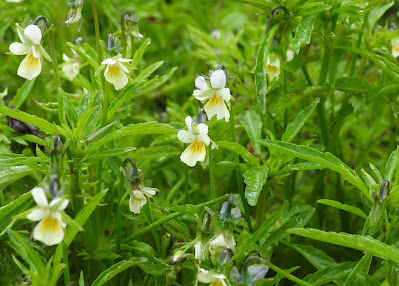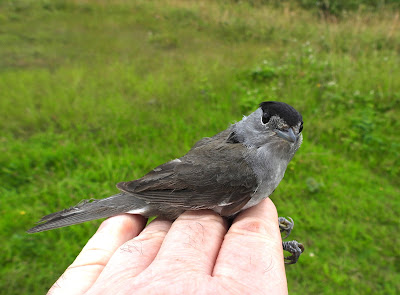Sometimes a Wild God
Sometimes a wild god comes to the table.
He is awkward and does not know the ways
Of porcelain, of fork and mustard and silver.
His voice makes vinegar from wine.
When the wild god arrives at the door,
You will probably fear him.
He reminds you of something dark
That you might have dreamt,
Or the secret you do not wish to be shared.
He will not ring the doorbell;
Instead he scrapes with his fingers
Leaving blood on the paintwork,
Though primroses grow
In circles round his feet.
You do not want to let him in.
You are very busy.
It is late, or early, and besides…
You cannot look at him straight
Because he makes you want to cry.
Your dog barks;
The wild god smiles.
He holds out his hand and
The dog licks his wounds,
Then leads him inside.
The wild god stands in your kitchen.
Ivy is taking over your sideboard;
Mistletoe has moved into the lampshades
And wrens have begun to sing
An old song in the mouth of your kettle.
‘I haven’t much,’ you say
And give him the worst of your food.
He sits at the table, bleeding.
He coughs up foxes.
There are otters in his eyes.
When your wife calls down,
You close the door and
Tell her it’s fine.
You will not let her see
The strange guest at your table.
The wild god asks for whiskey
And you pour a glass for him,
Then a glass for yourself.
Three snakes are beginning to nest
In your voicebox. You cough.
Oh, limitless space.
Oh, eternal mystery.
Oh, endless cycles of death and birth.
Oh, miracle of life.
Oh, the wondrous dance of it all.
You cough again,
Expectorate the snakes and
Water down the whiskey,
Wondering how you got so old
And where your passion went.
The wild god reaches into a bag
Made of moles and nightingale-skin.
He pulls out a two-reeded pipe,
Raises an eyebrow
And all the birds begin to sing.
The fox leaps into your eyes.
Otters rush from the darkness.
The snakes pour through your body.
Your dog howls and upstairs
Your wife both exults and weeps at once.
The wild god dances with your dog.
You dance with the sparrows.
A white stag pulls up a stool
And bellows hymns to enchantments.
A pelican leaps from chair to chair.
In the distance, warriors pour from their tombs.
Ancient gold grows like grass in the fields.
Everyone dreams the words to long-forgotten songs.
The hills echo and the grey stones ring
With laughter and madness and pain.
In the middle of the dance,
The house takes off from the ground.
Clouds climb through the windows;
Lightning pounds its fists on the table
And the moon leans in.
The wild god points to your side.
You are bleeding heavily.
You have been bleeding for a long time,
Possibly since you were born.
There is a bear in the wound.
‘Why did you leave me to die?’
Asks the wild god and you say:
‘I was busy surviving.
The shops were all closed;
I didn’t know how. I’m sorry.’
Listen to them:
The fox in your neck and
The snakes in your arms and
The wren and the sparrow and the deer…
The great un-nameable beasts
In your liver and your kidneys and your heart…
There is a symphony of howling.
A cacophony of dissent.
The wild god nods his head and
You wake on the floor holding a knife,
A bottle and a handful of black fur.
Your dog is asleep on the table.
Your wife is stirring, far above.
Your cheeks are wet with tears;
Your mouth aches from laughter or shouting.
A black bear is sitting by the fire.
Sometimes a wild god comes to the table.
He is awkward and does not know the ways
Of porcelain, of fork and mustard and silver.
His voice makes vinegar from wine
And brings the dead to life.














No comments:
Post a Comment